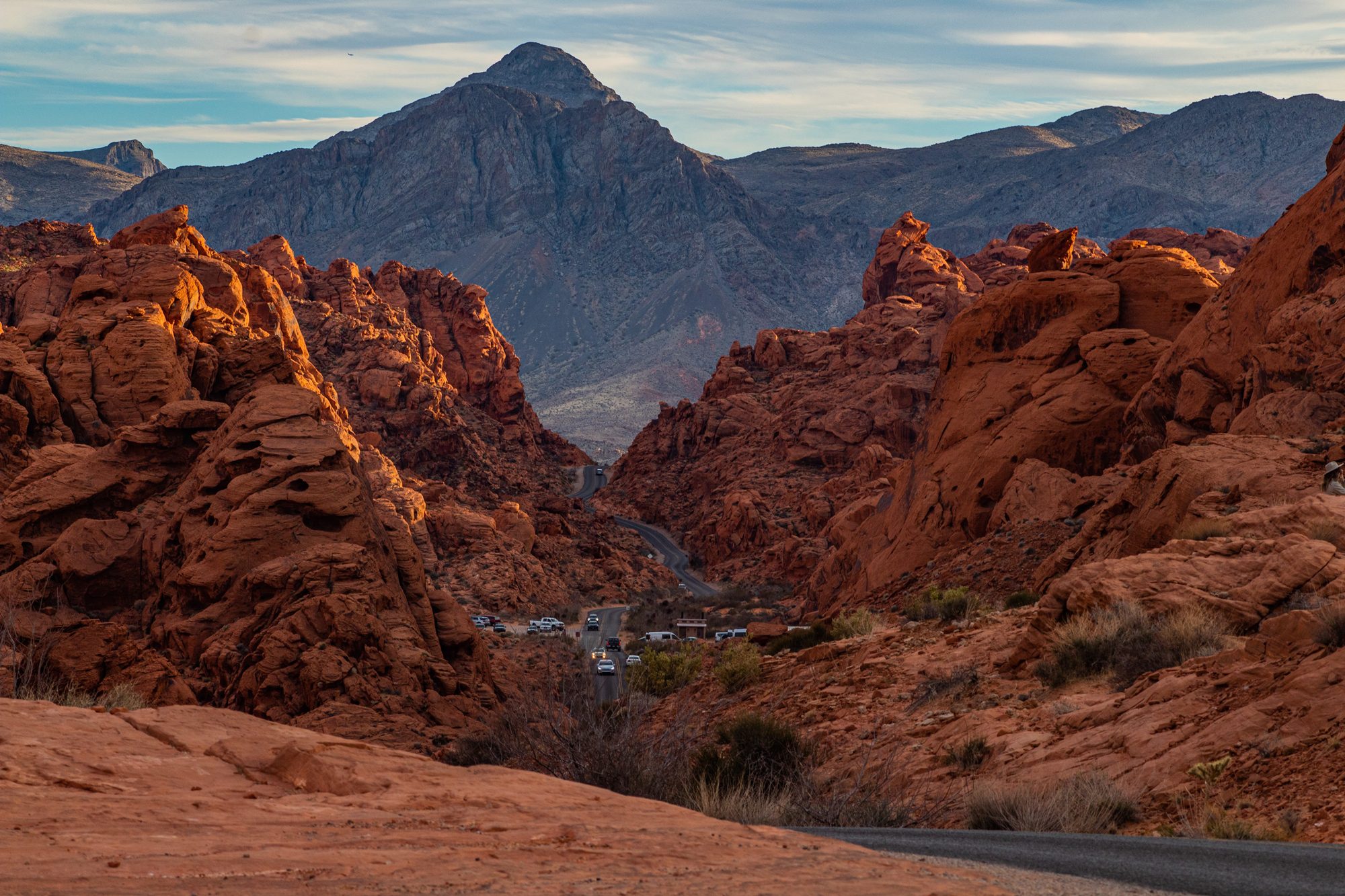- Nevada passed two new laws to protect groundwater.
- Water rights can now be voluntarily sold and permanently retired.
- Nearly half of groundwater-dependent ecosystems show declines.
- The program has broad support from lawmakers and conservationists.
- Funding is key to making the program effective.
Thursday, August 14, 2025 — The Nature Conservancy has published an overview of recent legislation in Nevada to retire groundwater rights.
has published an overview of recent legislation in Nevada to retire groundwater rights.
On June 2025, Nevada Governor Joe Lombardo signed Senate Bill 36 and Assembly Bill 104 into law, creating the Nevada Voluntary Water Rights Retirement Program . This program allows farmers, ranchers, and other rights holders to voluntarily sell their groundwater rights to the state. Once purchased, these rights are permanently retired, preventing future pumping from those sources.
. This program allows farmers, ranchers, and other rights holders to voluntarily sell their groundwater rights to the state. Once purchased, these rights are permanently retired, preventing future pumping from those sources.
The legislation responds to long-term groundwater declines across much of Nevada, where more water is extracted than is naturally replenished. By reducing withdrawals in overdrawn areas, the program seeks to stabilize aquifers, protect ecosystems, and safeguard supplies for future generations.
Why the Program Matters.
Groundwater is essential to many Nevada communities and industries. The Nature Conservancy reports that in 2015, half of the state’s counties relied on groundwater for more than 80 percent of their water supply. Groundwater-dependent ecosystems—such as springs, wetlands, and riparian areas—are also at risk. According to modeling by The Nature Conservancy, about 44 percent of these ecosystems are likely experiencing nearby declines, threatening plants, wildlife, and the communities that depend on them.
These declines are difficult to track directly because many of these ecosystems lack monitoring wells. Modeling offers an important tool for understanding trends and prioritizing areas where action is most urgently needed.
Program Structure and Goals.
The new laws establish an Account for Retiring Water Rights within the Nevada Department of Conservation and Natural Resources. This account will hold funds used to purchase and retire groundwater rights. The program’s focus is on areas with overdrawn aquifers and sensitive ecosystems.
Broad support came from legislators, conservation groups, and water users. The Nature Conservancy , among other partners, emphasized that success depends on securing reliable funding—whether through grants, donations, or partnerships.
, among other partners, emphasized that success depends on securing reliable funding—whether through grants, donations, or partnerships.
Next Steps for Implementation.
With the legal framework in place, the program will move toward implementation. Key actions include:
-
Identifying priority basins and sensitive areas for water rights retirement.
-
Engaging rights holders who are interested in participating.
-
Securing financial resources to fund rights purchases.
The Nature Conservancy notes that collaboration between communities, agencies, and funders will be essential. With sustained support, Nevada’s groundwater retirement program could provide lasting benefits to both people and ecosystems.

